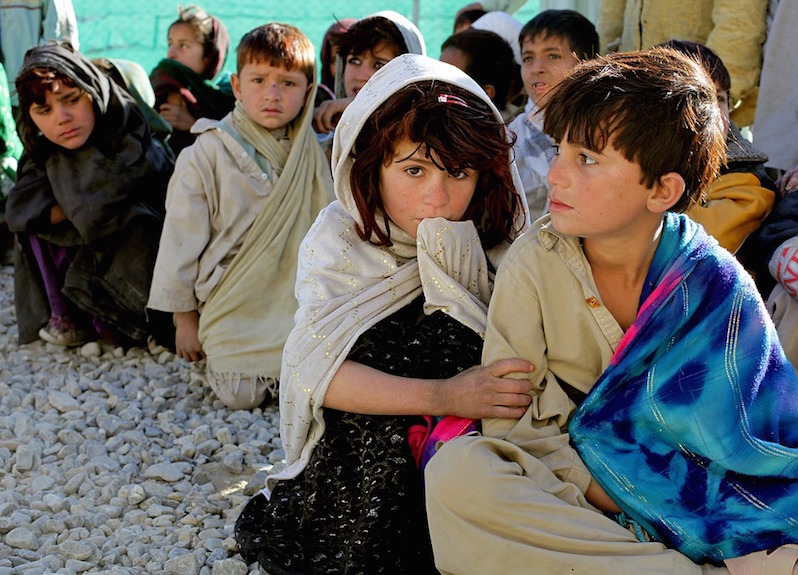One Child’s Harrowing Journey From Afghanistan to Sweden
She was only 14 when her mother decided that Nasima’s best hope for a future meant leaving her home, her family and everything she knew to make a grueling trek to Europe. Afghanistan is one of the poorest countries in the world, with 36 percent of its population living below the poverty line. (Pixabay)
1
2
Afghanistan is one of the poorest countries in the world, with 36 percent of its population living below the poverty line. (Pixabay)
1
2

Afghanistan is one of the poorest countries in the world, with 36 percent of its population living below the poverty line. (Pixabay)
Independent journalism is under threat and overshadowed by heavily funded mainstream media.
You can help level the playing field. Become a member.
Your tax-deductible contribution keeps us digging beneath the headlines to give you thought-provoking, investigative reporting and analysis that unearths what's really happening- without compromise.
Give today to support our courageous, independent journalists.






You need to be a supporter to comment.
There are currently no responses to this article.
Be the first to respond.